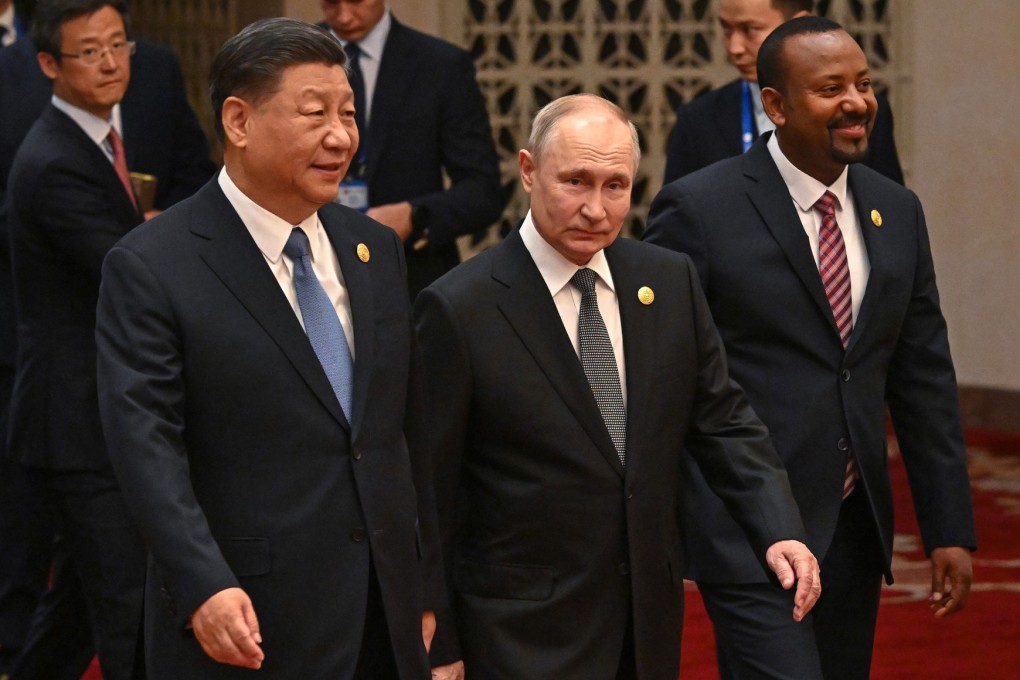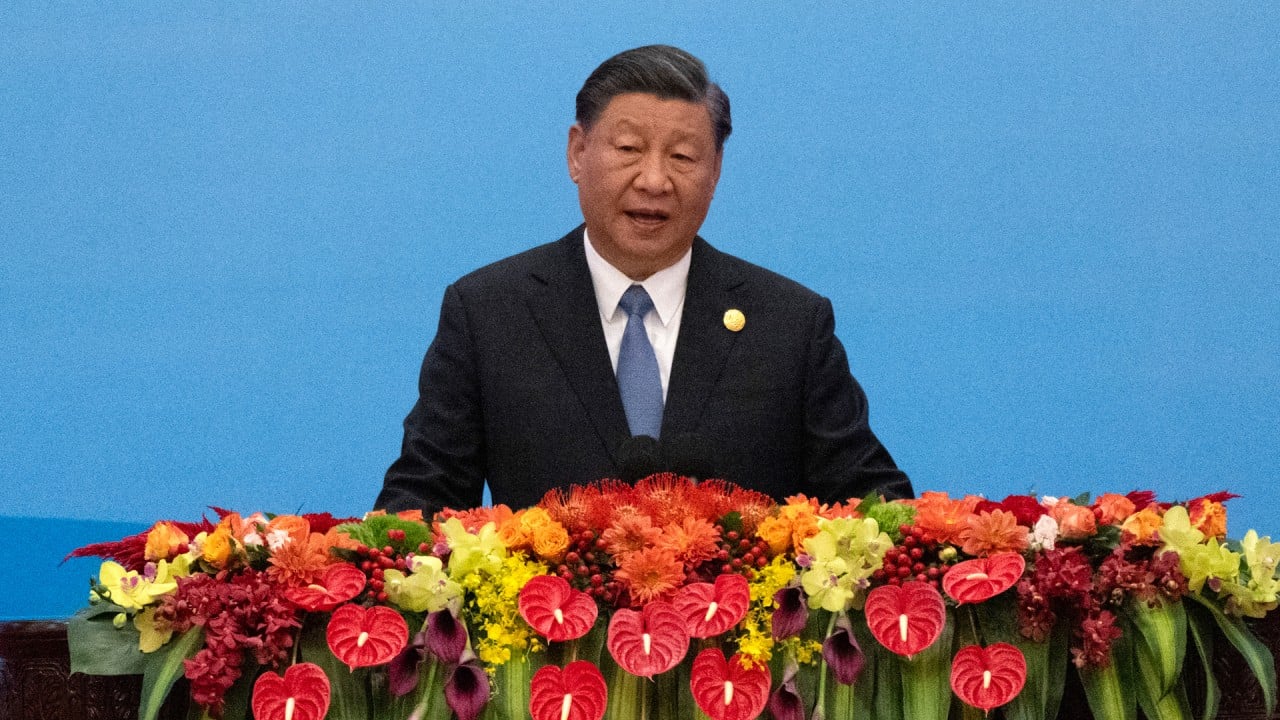Advertisement
Inside Out | China’s focus on peaceful development in stark contrast to West’s war priorities
- While the US, Europe and Western media were distracted by Ukraine and Israel’s war in Gaza, China brought together leaders from the Global South to celebrate 10 years of the Belt and Road Initiative
- This showcased Beijing’s commitment to building infrastructure in the name of peace and development
Reading Time:4 minutes
Why you can trust SCMP
13

Last week’s contrasts could not be more stark. While the United States, Europe and the Western media pushed the Ukraine war off the front pages to focus on the atrocities occurring in Israel and the Gaza Strip, dozens of leaders from the Global South gathered at the Belt and Road Forum in Beijing to join President Xi Jinping and Russian President Vladimir Putin to focus on trade, investment, economic development and infrastructure.
In the West, the short-termism and overriding obsession with national security was palpable, with all calculations focused on hard-stretched military budgets and supplies. In Beijing, the focus was on long-term economic development, reducing poverty and multilateral cooperation. It reflected a sharp global decoupling, but not as many in the West have conceived it. Both were “de-risking”, but they reflected sharply differing conceptions of risk and how to deal with it.
For some in the West, Xi’s celebration of the 10th anniversary of the belt and road strategy and the densely detailed outline of infrastructure-building priorities for the decade ahead was not newsworthy. For the cynical among them, it was dismissed as a not-so-subtle, self-serving assertion of Chinese soft power. For the conspiracy theorists, it was noteworthy only as evidence of Sino-Russian plotting to reshape the global rules-based order.
Those who regard the Belt and Road Initiative as important and, on balance, of immense value are seen as naive and gullible. Be that as it may, here are the key points I took away from a busy and significant week in Beijing.
A 10-year audit: Uncomfortable as it might be to some, the initiative is reshaping the balance of global economic power. The steadily rising importance of the Global South is becoming clear, as is China’s role in shaping it and “sister” institutions such as the soon-to-be expanded Brics economies.
According to the International Monetary Fund, advanced economies accounted for 57.7 per cent of global GDP in 1992, while emerging markets accounting just 42.3 per cent. By 2023, this balance had flipped, with emerging economies rising to account for 58.9 per cent while advanced economies accounted for 41.1 per cent.
Advertisement

